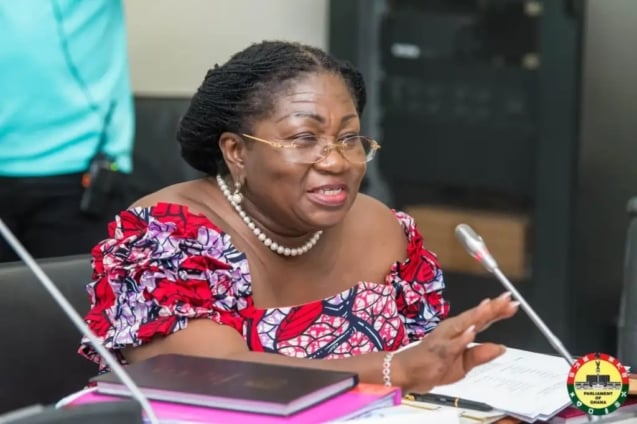In a political era where ambition often overrides caution, and personal gain sometimes eclipses principle, the decision by Madam Patricia Appiagyei, three-time NPP Member of Parliament for Asokwa, to decline her nomination to the ECOWAS Parliament is as rare as it is revealing.
In a letter to the Speaker of Parliament dated Monday, July 22, Appiagyei described her inclusion in the reconstituted delegation as “procedurally irregular, politically damaging and lacking consultation.” Her objection stems from the attempt to replace Minority Leader Alexander Afenyo-Markin, who is currently serving a legitimate term as Deputy Speaker in the ECOWAS Parliament. For Appiagyei, accepting the nomination would not only undermine due process but also violate internal parliamentary norms and ECOWAS statutes.
Yet, her principled stance raises a string of complex questions—both about her personal motivations and the broader implications for women’s representation in governance.
It is somewhat perplexing that the same woman who passionately championed the cause of female inclusion during the vetting of the Mahama-led government appointees has now chosen to step back from an opportunity that could symbolise progress for Ghanaian women in leadership. Has she bowed to internal party pressures? Or has loyalty to party hierarchy, particularly to the Majority Leader, trumped her individual ambition?
Some may argue her refusal is a missed opportunity—a chance to inspire the next generation of female leaders. Others may view it as a rare act of integrity, prioritising the sanctity of process over personal advancement. Indeed, in a political climate where appointments are often contested with little regard for procedure, Appiagyei’s rejection signals a commitment to parliamentary order and a higher ethical standard.
However, one cannot ignore the possibility that her lens is tinted by internal party dynamics. The subtext of loyalty and political alignment is hard to miss. It begs the question: is she genuinely upholding constitutional fidelity, or is she preserving her standing within a male-dominated political space?
In a world that often urges women to “dare greatly,” as Robert F. Kennedy once said, Appiagyei’s decision may seem conservative—perhaps even counterproductive. But it could also be the most courageous move of all. It is easy to climb the ladder; it is harder to refuse a rung when it is offered unethically.
To paraphrase Benjamin Franklin: mistakes and rejections are inevitable, but continued courage is essential. Whether or not one agrees with her decision, Patricia Appiagyei has sparked a conversation that Ghana desperately needs—about integrity, female leadership, and the politics of principle.
Ultimately, history may judge her not by the office she declined, but by the values she defended.
-Edem L. Nukafu /writer’s email:[email protected]


